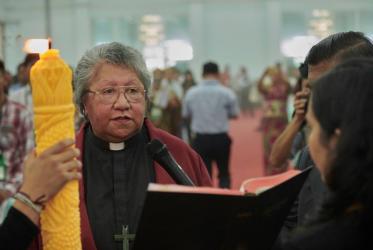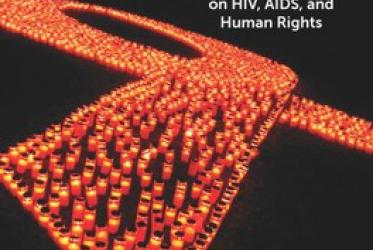The newly published issue of Current Dialogue is now available online. Along with key documents from the WCC 10th Assembly, the issue includes several strong pieces addressing some thorny issues in contemporary inter-religious encounter and dialogue, including the recent Malaysian prohibition of Christian use of the name Allah for God, the relationship of ecumenism and inter-religious dialogue, the particular difficulties in dialogue among the Abrahamic traditions, and the limits of dialogue itself.
06 January 2015





